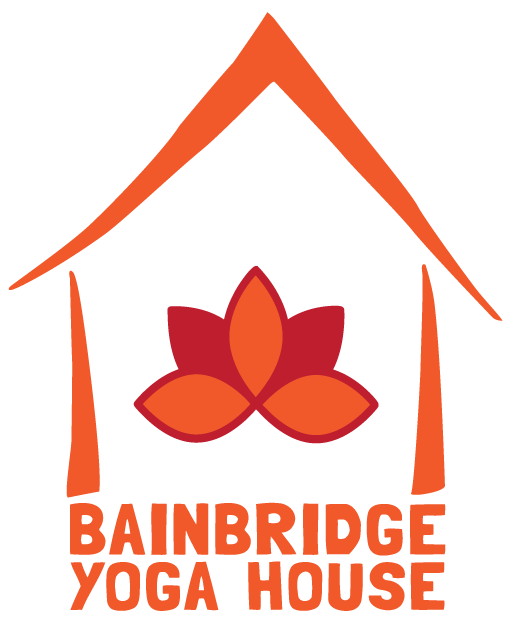July 11: Excerpts from “Awkward”
From These Wilds Beyond Our Fences by Bayo Akomolafe
This particular question of “how to respond to crisis” has its own agency that often occludes us from seeing that we are already in response. Another way to put it might be to say we are asking the wrong question when we ask what to do, how to get home, how to leave a beautiful world for our kids—but that would be too heavy a brush to paint with. What’s calling for attention is that ethics is not a thing that comes “afterward.” We don’t observe the facts and then decide to do something about it. Ethics is not external to the material doings and undoings of the world, but emerges with it—so that our bodies themselves are ethical responses of the world to its own complexity. To ask “how do we respond to crisis?” can give the idea that doings are human affairs, and that there is a place to stand outside the world to contemplate the best, most appropriate ways to respond to it. But there isn’t. We can’t respond to the world if we are the world. (242)
If you tie a knot on a long piece of thread, the bumpiness of the knot might give the impression that it is on the rope—instead of what the rope is doing. (266)
Justice is awkward. Awk-ward. Not forward. “Forwards” speak of gold-plated futures in wait. “Awkwards” take note of something else. A Middle English word for “clumsy,” “backward,” or “perverse” was awk. The word itself evokes the idea of things lacking a certain grace about them, being of many minds as opposed to walking resolutely in one direction. In spite of the many negative connotations attached to the idea of being awkward, awkwardness is a profusion of grace, and not the absence of it. When we don’t know what to say or where to go, it is often because many paths are open to us, many possibilities are known, and many agencies are making themselves heard. The tip of the tongue is a diving board into finer waters.
This is how things move. Awkly. This is what we have to consider: that the straight and narrow road that begins where we are—in the doldrums of modern life that denis us community, on the wrong side of colonial history, in the pit of dark places—and purportedly terminates at the place we want to be—a better world, an economically just arrangement, a race-celebratory society—is not always the road to take. Indeed, there is no such road. The world is thick. Bent out of shape. Out of whack.
A poetics of the real insists we come down to earth in her bashful awkwardness, in her stuttering eloquence, and meet her in that place—ourselves shorn of our heavenly glow and tasseled garments. Down here, in our bodies, in torn cuticles and unruly hair, in not knowing half the words we say, in first birdsong and last gleam of light, in these bodily negotiations with chicken pox, in sacred hypocrisies, in catching a cold, in making New Year resolutions and failing each of them, in the promiscuities of a longing eye, in the provisionality of a zealous believing, in snoring, in breathing, in laughing and dying, lies justices-to-come. That enlightened quest for the long arc of justice, spanning the sky like a leprechaun’s rainbow, shimmering in the distance, above everything, must now be abandoned for a keen noticing of the life worlds and doings of the things around us. (263-4)
Our maps—no matter how detailed and punctilious—will always be sabotaged by the territory; the world has her own genius, her own dips and curves and whispered nothings and chuckled blasphemies. The world is bigger than plot, lengthier than conclusions, keener than comeuppances, nobler than anthropocentric thought, more curious than solutions, and more abundant than arrivals. In short, we don’t make the world alone, the world makes us too. Maybe the world also wants us to make us a better place. To know this is not to finally be at peace, or to be enlightened, or to be at home… it is to continue to experiment, to theorize, to touch the always-fresh blister that is our tale of becoming. It is to see how we are seeing. (266)
